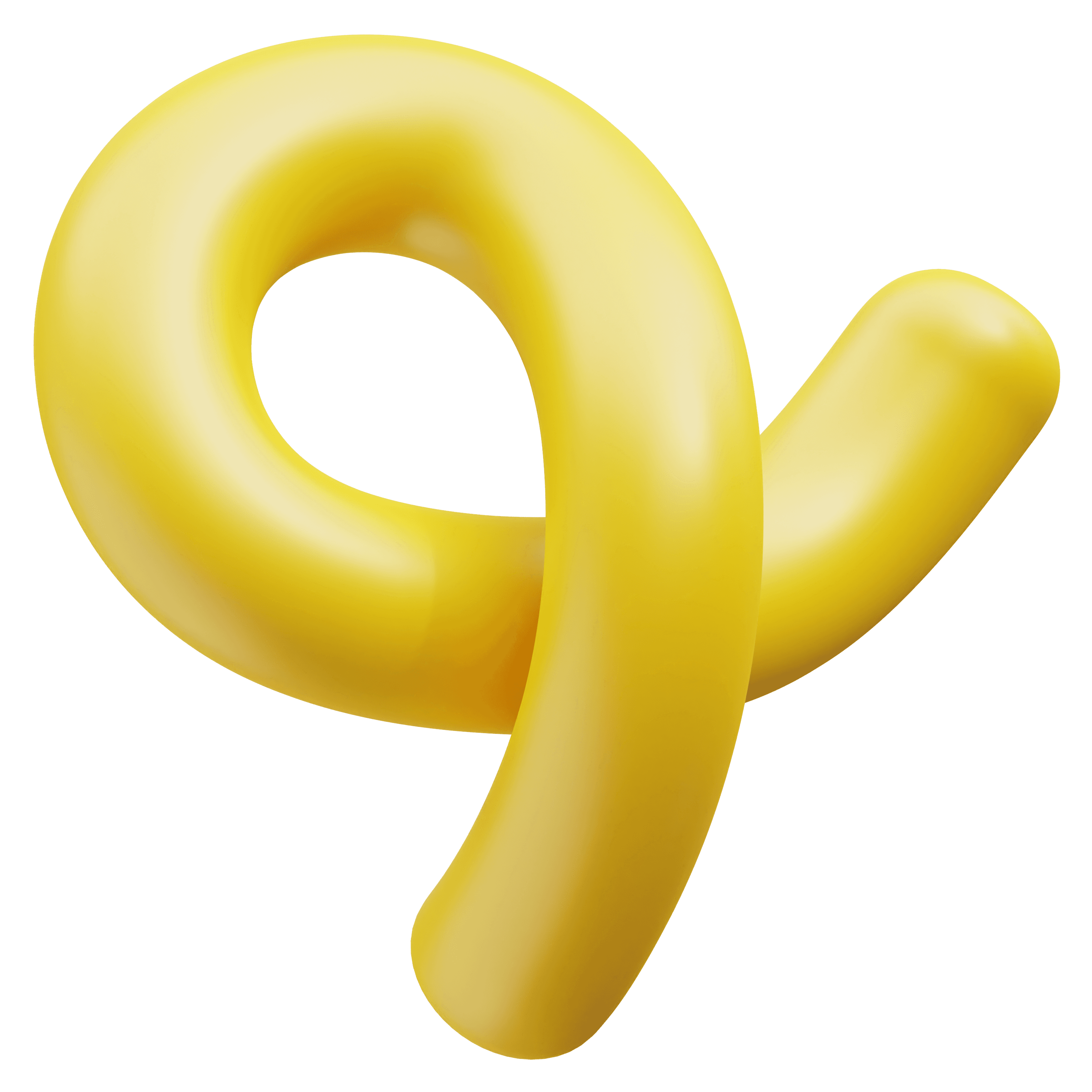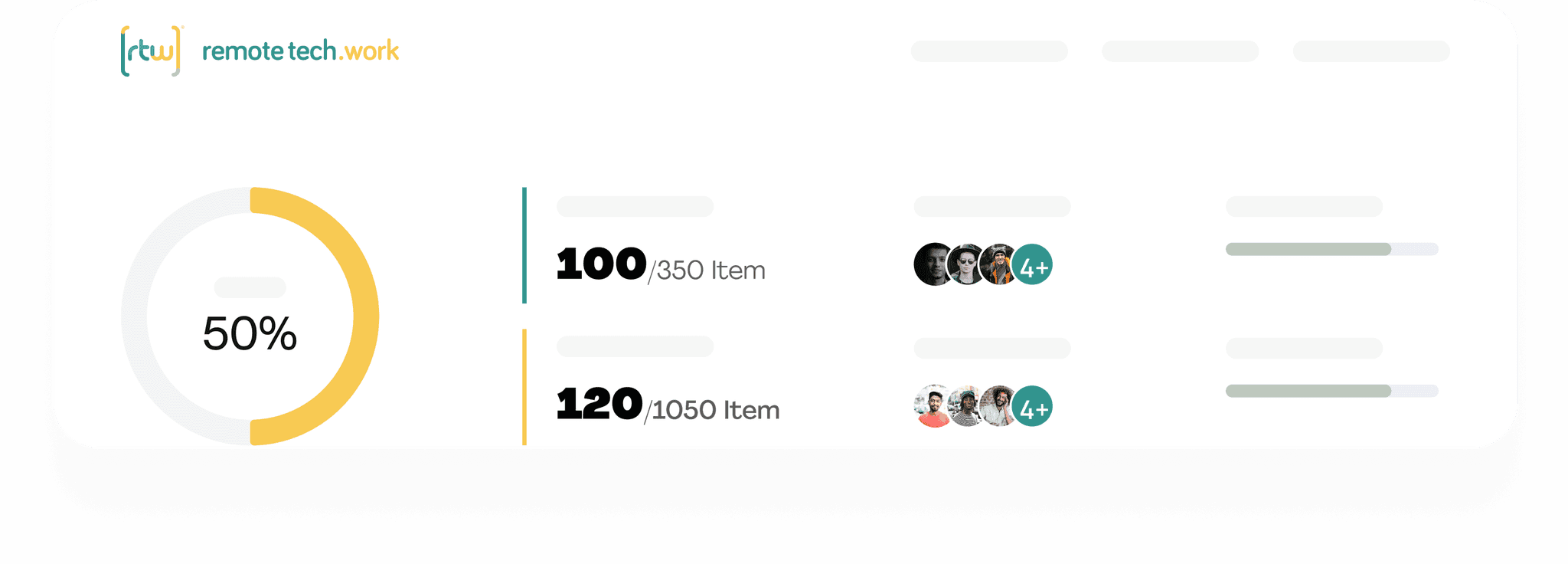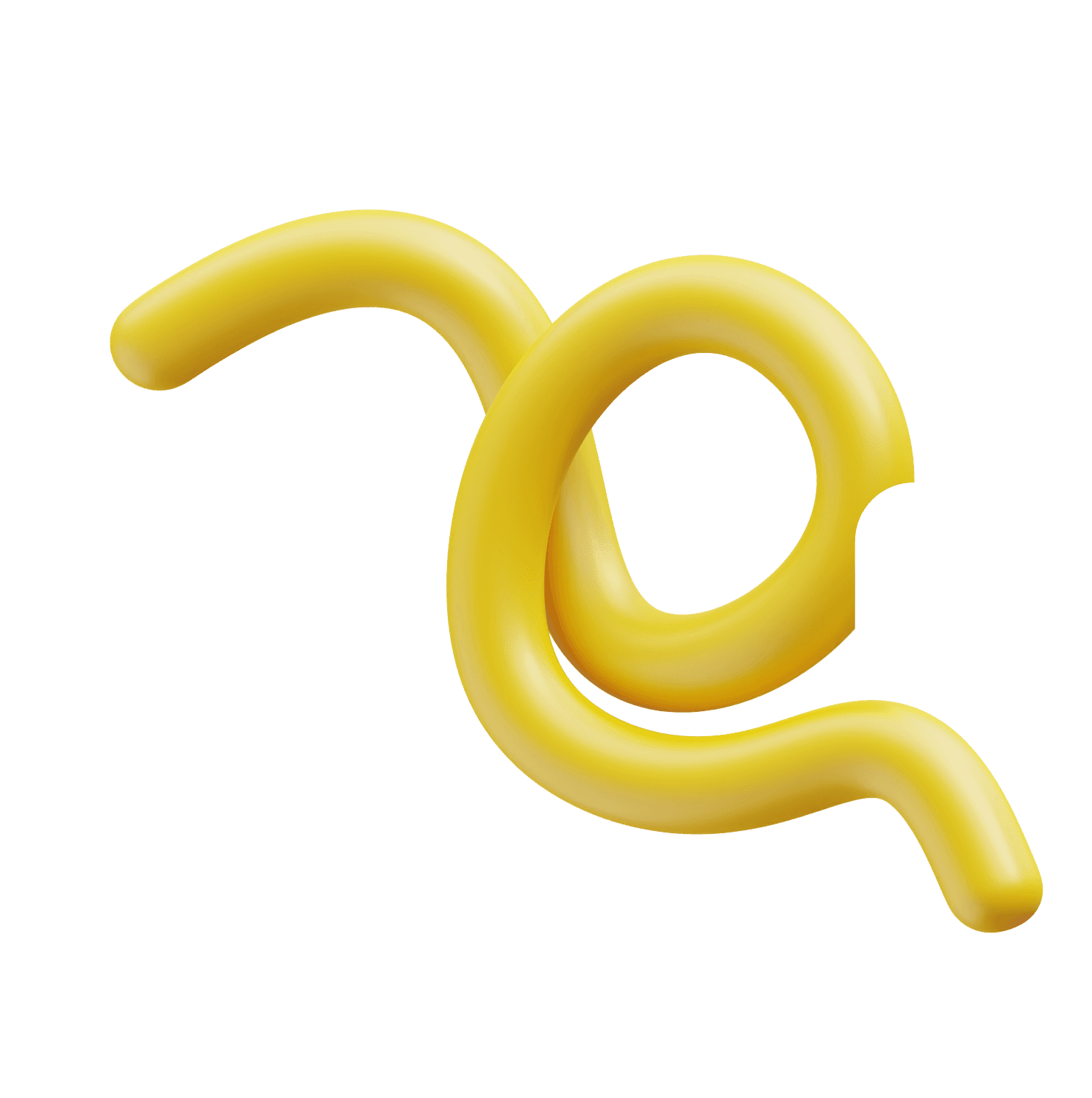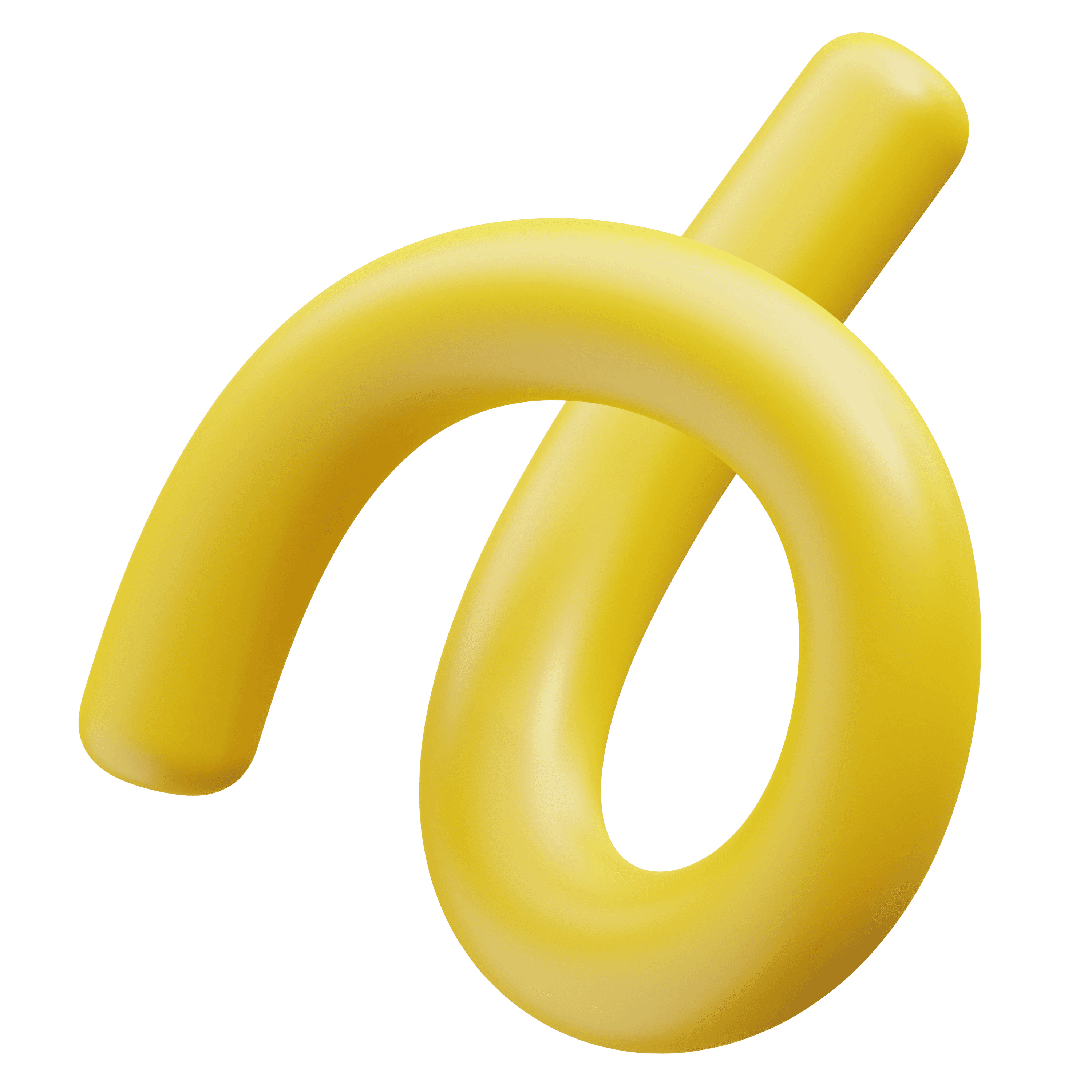DESCRIPTION
DESCRIPTION
DESCRIPTION
Flutter is an open-source UI software development toolkit created by Google that allows developers to build natively compiled applications for mobile, web, and desktop from a single codebase. With Flutter, developers can craft beautiful, high-performance user interfaces with a fast and productive development experience. Flutter's standout feature is its ability to provide a consistent user experience across multiple platforms, allowing developers to write code once and deploy it on Android, iOS, the web, and even desktop operating systems like Windows, macOS, and Linux. This framework is built around the Dart programming language, which is known for its speed and simplicity, and Flutter's rich set of pre-designed widgets helps create visually stunning and responsive applications.
One of the key benefits of Flutter is its hot reload feature, which allows developers to see real-time updates to their code without losing the application's state. This facilitates rapid iteration and debugging, making the development process more efficient. Flutter is increasingly popular for creating mobile apps, as it simplifies the challenges of maintaining multiple codebases for different platforms. With its expressive and flexible UI components and a growing community of developers, Flutter has become a go-to choice for creating cross-platform applications that deliver native-like performance and a consistent user experience.
Flutter is an open-source UI software development toolkit created by Google that allows developers to build natively compiled applications for mobile, web, and desktop from a single codebase. With Flutter, developers can craft beautiful, high-performance user interfaces with a fast and productive development experience. Flutter's standout feature is its ability to provide a consistent user experience across multiple platforms, allowing developers to write code once and deploy it on Android, iOS, the web, and even desktop operating systems like Windows, macOS, and Linux. This framework is built around the Dart programming language, which is known for its speed and simplicity, and Flutter's rich set of pre-designed widgets helps create visually stunning and responsive applications.
One of the key benefits of Flutter is its hot reload feature, which allows developers to see real-time updates to their code without losing the application's state. This facilitates rapid iteration and debugging, making the development process more efficient. Flutter is increasingly popular for creating mobile apps, as it simplifies the challenges of maintaining multiple codebases for different platforms. With its expressive and flexible UI components and a growing community of developers, Flutter has become a go-to choice for creating cross-platform applications that deliver native-like performance and a consistent user experience.
Recommended Skills
Recommended Skills
Recommended Skills
A Flutter developer should possess a combination of technical and soft skills to excel in mobile and cross-platform application development. Here's a list of key skills and knowledge areas for a Flutter developer:
Proficiency in Dart: A strong understanding of the Dart programming language, which is used for Flutter development, including its syntax, data types, and object-oriented features.
Flutter framework: Mastery of the Flutter framework, including widgets, navigation, state management, and building user interfaces with a focus on performance and responsiveness.
Cross-platform development: Knowledge of how to write code once and deploy it on multiple platforms, such as Android, iOS, the web, and desktop.
UI/UX design: Familiarity with UI/UX design principles to create visually appealing and user-friendly mobile applications.
Widget customization: Ability to customize and create custom widgets to meet the specific design and functionality requirements of the application.
State management: Understanding of state management solutions in Flutter, such as Provider, Bloc, and Mobx, to efficiently manage application state.
RESTful API integration: Proficiency in integrating RESTful APIs into Flutter applications to fetch and send data to/from a server.
Database integration: Knowledge of local database integration using packages like sqflite or NoSQL databases to store and manage data locally on the device.
Version control: Proficiency in using version control systems like Git for collaborative development and code management.
Testing: Familiarity with testing frameworks like Flutter's own test package, Widget testing, and integration testing to ensure code quality and reliability.
A Flutter developer should possess a combination of technical and soft skills to excel in mobile and cross-platform application development. Here's a list of key skills and knowledge areas for a Flutter developer:
Proficiency in Dart: A strong understanding of the Dart programming language, which is used for Flutter development, including its syntax, data types, and object-oriented features.
Flutter framework: Mastery of the Flutter framework, including widgets, navigation, state management, and building user interfaces with a focus on performance and responsiveness.
Cross-platform development: Knowledge of how to write code once and deploy it on multiple platforms, such as Android, iOS, the web, and desktop.
UI/UX design: Familiarity with UI/UX design principles to create visually appealing and user-friendly mobile applications.
Widget customization: Ability to customize and create custom widgets to meet the specific design and functionality requirements of the application.
State management: Understanding of state management solutions in Flutter, such as Provider, Bloc, and Mobx, to efficiently manage application state.
RESTful API integration: Proficiency in integrating RESTful APIs into Flutter applications to fetch and send data to/from a server.
Database integration: Knowledge of local database integration using packages like sqflite or NoSQL databases to store and manage data locally on the device.
Version control: Proficiency in using version control systems like Git for collaborative development and code management.
Testing: Familiarity with testing frameworks like Flutter's own test package, Widget testing, and integration testing to ensure code quality and reliability.
Our Talent Acquisition Process
Our Talent Acquisition Process
Our Talent Acquisition Process
We will walk you through our process during the days/weeks according to your agenda availability. Feedback will be present whether we move forward or not with your application. There are, in general, a challenge (60’ average each), two calls (45’ average each), and a Tech Interview for you to reach the final Offer Call.
We will walk you through our process during the days/weeks according to your agenda availability. Feedback will be present whether we move forward or not with your application. There are, in general, a challenge (60’ average each), two calls (45’ average each), and a Tech Interview for you to reach the final Offer Call.






HOW TO
GET STARTED
Sign up for our developer platform to begin working remotely
DEVELOPMENT
SOFTWARE
Remote Tech Work Ltd is a company registered in England and Wales (No.16127490).
Our address is Orion House Office 774, Bessemer Road, Welwyn Garden City, AL7 1HH. 2025
Remote Tech Work. All right reserved.
DEVELOPMENT
SOFTWARE
Remote Tech Work Ltd is a company registered in England and Wales (No.16127490).
Our address is Orion House Office 774, Bessemer Road, Welwyn Garden City, AL7 1HH. 2025
Remote Tech Work. All right reserved.
DEVELOPMENT
SOFTWARE
Remote Tech Work Ltd is a company registered in England and Wales (No.16127490).
Our address is Orion House Office 774, Bessemer Road, Welwyn Garden City, AL7 1HH. 2025
Remote Tech Work. All right reserved.
DEVELOPMENT
SOFTWARE
Remote Tech Work Ltd is a company registered in England and Wales (No.16127490).
Our address is Orion House Office 774, Bessemer Road, Welwyn Garden City, AL7 1HH. 2025
Remote Tech Work. All right reserved.
DEVELOPMENT
SOFTWARE
Remote Tech Work Ltd is a company registered in England and Wales (No.16127490).
Our address is Orion House Office 774, Bessemer Road, Welwyn Garden City, AL7 1HH. 2025
Remote Tech Work. All right reserved.

